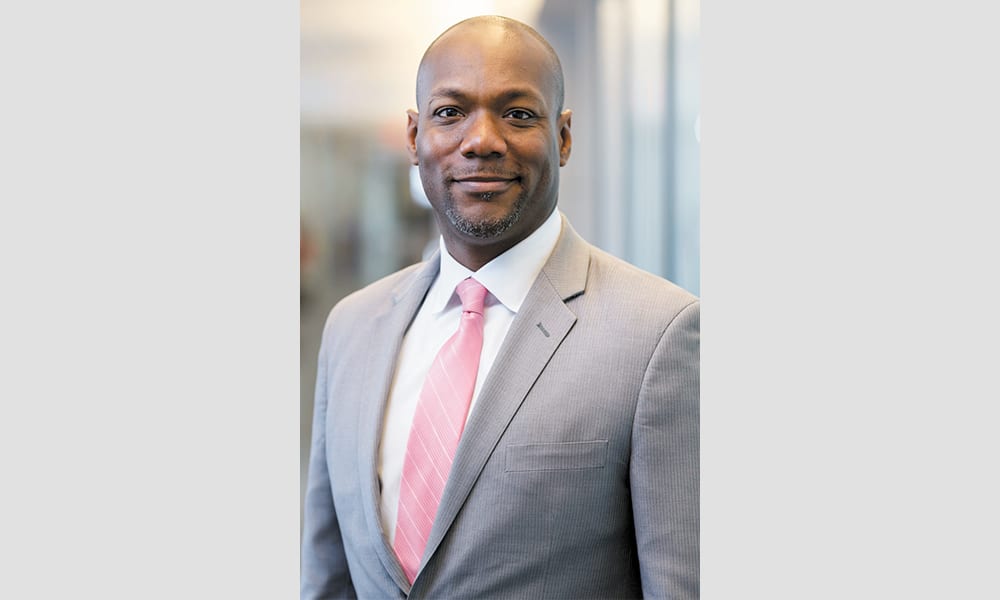White Americans frequently express the following sentiment: “Don’t talk about race. It’s divisive.” Allow me to acknowledge that the statement is accurate; cross-racial discussions that concern race and racism are often divisive. Moreover, this sentiment isn’t new. One would be hard pressed to identify a time in which most white Americans — some who mean well and others who don’t — felt that racial issues weren’t divisive. Sadly, this includes any actions that promote racial equity.
White Americans’ unwillingness to discuss racism — and thereby hasten healing — is the evil twin brother of racial violence against Blacks. Further, there has always been an intimate and inextricable relationship between Black progress (real or even perceived) and racial violence perpetrated by white Americans. How have most whites dealt with this history? Denial, selective amnesia and intentionally rewritten history are the trifecta of tranquilizing drugs that are designed to variously inebriate, anesthetize or inoculate white Americans against facing reality — a reality that Blacks cannot escape.
Consider the following. The Civil War, which was fought primarily due to slavery, effectively ended when Confederate Gen. Robert E. Lee surrendered to Gen. Ulysses S. Grant on April 9, 1865. The 13th Amendment, which abolished slavery, was ratified by the states on Dec. 6, 1865. As a direct result of these and other victories against white “supremacy,” several former Confederate soldiers founded the Ku Klux Klan on Dec. 24, 1865. (Yes, the nation’s oldest domestic terrorist organization was born on Christmas Eve. That’s a story for another day.)
Today, discussing the irony and immorality of military bases, streets, statues and other artifacts that honor Confederate “heroes” is quite “divisive.” It is common for whites to try to obfuscate or engage in gaslighting about such uncomfortable topics. Other tactics include blaming Black folks for white racism and even claiming — ridiculously — that we’re the actual racists. (Most people would be surprised to learn how old that trope is.) And, when all else fails, suppression of free speech becomes the solution, as we see with new bills that propose the outlawing of critical race theory.
In short, for too many whites the divisiveness of the discussion is worse than the words and actions that give rise to the discussion. Examining historical and contemporary examples of racism is somehow more of a moral transgression than the racism itself. We hear things like, “It will go away if we just don’t talk about it” and “Why bring up the past?” Last month I watched a program that recounted the Tulsa Race Massacre. Several African Americans who were from Tulsa said they weren’t even taught about the atrocity when they were in school.
I get it. Talking about racism is painful, both for whites and for African Americans. But we can’t simply wish it away. Further, the inescapable fact is that the people who make the “divisive” argument are not our allies, even if they are our friends. (There is a distinction.) They are the spiritual — and often literal — relatives of those who have engaged in (or still perpetuate) racial oppression. Psychologically, racial equality feels like oppression for those who have always had privilege on their side. Thus, when many whites see Black people fighting oppression, it feels to them like we’re fighting America itself. Yet, we should not, cannot and will not put their discomfort above our God-given right to our full humanity.
We have to ask at least three questions: (1) What makes the discussion of race and racism divisive? (2) For whom is it divisive? (3) Should we care? I have shared my answers to the first and second questions. In answering the third, I will simply propose that we should care in the sense that repairing our fraying social fabric requires that we confront this issue if we wish to repair our nation. But the dictionary is the only place in which reconciliation precedes truth. What is the ultimate solution to this most vexing of problems? White Americans must begin to care as much about ending racism as they care about being called racist.
Larry Smith is a community leader. Contact him at larry@leaf-llc.com.











